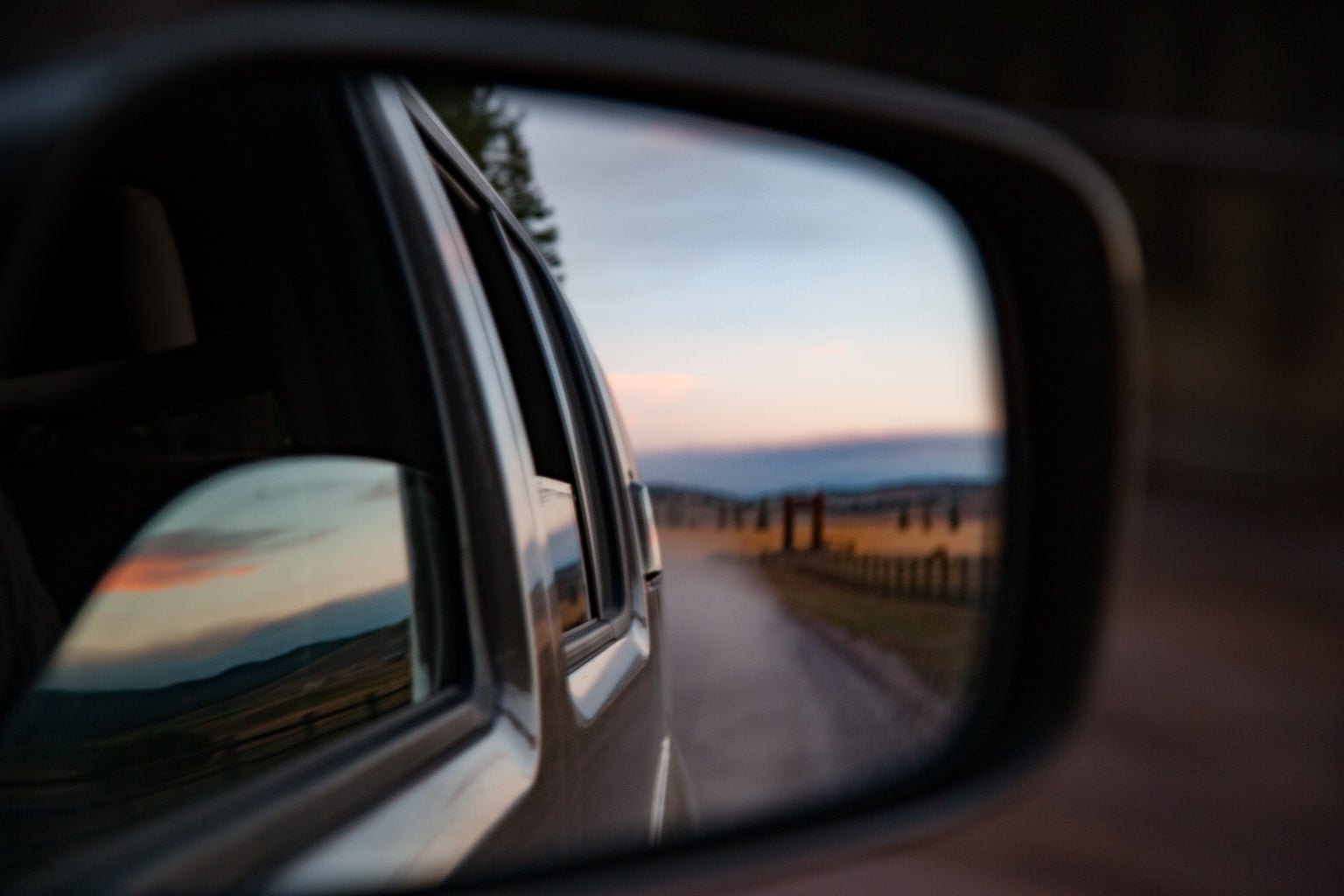The sun is still slowly peeking over the horizon as I groggily load my backpack into my car and climb in the driver’s seat. A sleepy sigh escapes my lips as I turn the key in the ignition and back out of my parking spot and begin my thirty-minute drive to Boulder. Just another morning in the life of a commuter student.
A commuter student is defined as “a student who does not live on university-owned property and has to commute to campus each day for classes.” This includes off-campus students living within Boulder city limits as well as students living in other cities (such as Longmont, Broomfield, Lafayette, and even Fort Collins!) nearby, so the average travel time can range anywhere from five minutes to over an hour, depending on where the student is coming from. Commuter students within Boulder will frequently walk or bike to campus, while students in cities farther away generally have to resort to transportation options like driving or public transit. I personally have been a commuter student for two years and have gained a wealth of knowledge regarding how to make your trip to campus as comfortable and safe as possible. Some of my tips on how to best plan your driving commute in advance include:
Tip #1: Always Check the Weather and pay attention to the time of day.
Colorado is one of those magical states where it could be a sunny 75 degrees in the morning and snowing in the evening, so planning ahead is probably the most important thing you can do as a commuter student in the Rockies. My first suggestion is a simple one: check the weather forecast! If wind, snow, or rain is being predicted, prepare for the possibility of delays on your journey. Depending on the time of day you’re driving to or from campus, it’s also important to consider how bright or dark it may be as well. Sun glare in Colorado can be no joke—some mountain roads will actually get shut down due to eliminated visibility—and wildlife can clutter the roads at dawn and dusk as the colder seasons arrive. Speaking as someone who hit a deer five years ago and still can’t afford to get her car cosmetically fixed, always be aware of your surroundings, don’t speed, and keep your focus on the road!
Tip #2: Do a test run before classes start.
Another thing I’ll try to do before classes start each semester is to do a “test run” of my planned route to campus so I can get a general idea of what time of day it’s busiest and what areas are prone to traffic jams. If you’re too busy to do this, you can also use Google Maps to get a general estimate of how long your drive will be at a specific time of day. Another key piece of planning ahead is budgeting your time wisely. There are countless obstacles that can delay your prompt arrival to campus, including car accidents, wildlife, snowstorms, trains passing through a railroad crossing, or traffic jams. I will always try to budget an extra 15 to 30 minutes for myself—or more time in the winter—so that if I encounter one of the above hurdles, it won’t negatively impact my day in any way.
Tip #3: Make Sure Your Gas Tank is full.
Making sure you have enough gas to get to your destination may seem like an obvious step to take in planning ahead, but you’d be surprised how many people forget! It’s a good habit to ensure there’s enough gas in your car no matter what the season is, but during the winter it’s especially important to have your gas tank at least half-full in case of poor weather conditions. If you’re tight on money like many college students, downloading apps like Gas Buddy can help you find the most reasonable gas prices at nearby stations.
Tip #4: Find Something to listen to.
One thing that disappoints me about being a commuter student is knowing that the time I spend driving could be better spent working on something more productive. While dangerous drivers can make it difficult to relax or decompress on your commute, a good playlist can help make the experience more enjoyable! Choosing your music before starting your drive is a great habit to establish—the fewer distractions you have while driving, the better! If you’re not in the mood for music, you could also consider listening to podcasts, audiobooks, guided meditations, audio language lessons, etc. Being able to tune out the chaos of the road by listening to fun music or an addicting audiobook can help make the long drive feel more like relaxing “me time” instead of a stressful hassle.
Tip #5: Keep snacks and drinks in your backpack.
Getting stuck in traffic is tough, but getting stuck in traffic on an empty stomach can be an absolute nightmare! Keeping an arsenal of snacks in your backpack is essential to preventing a scenario like this, so packing snacks that can provide you with a quick burst of energy like granola bars, trail mix, sandwich crackers or fruit gummies is extra helpful. Along with a snack stash, it’s so important to make sure you have a water bottle filled and within easy reach, especially in a dry climate like Colorado. We live in bear country though, so in order to avoid any break-ins from our furry friends, it’s important to remove all of these items from your car after arriving at your destination!
Tip #6: Consider keeping these must-haves in your car.
- Some things that are particularly helpful to have in your car include:
- Typical car necessities like a first aid kit, a roadside emergency kit and tools.
- Winter essentials like an ice scraper/brush, a spare winter coat, a blanket, a small shovel, and extra windshield washer fluid.
- Other miscellaneous items that can be useful include a phone charger, sunglasses, hand sanitizer, an umbrella or a rain poncho.
Tip #7: Check out resources for commuting buffs.
CU Boulder understands how difficult it can be for off-campus students to find a sense of community, so the Commuting Buffs organization provides specific resources and events to help! I’d highly recommend signing up so you can receive e-newsletters with event information and other transportation tips. Once you’ve joined the organization, you’ll have access to specific commuter student perks. This includes the Commuter Lounge in the UMC which features lockers, microwave and fridge access, computers, free printing, lounge space and other amenities. You can also speak with a Commuter Peer Mentor (CPM) if you need extra advice or assistance in efficiently commuting to campus.
As a seasoned commuter student, these tips and practices have been crucial in making my trips to campus comfortable and safe. By integrating these strategies into your daily routine, you can not only navigate the challenges of commuting, but also maximize the benefits of your college experience. Safe travels!




